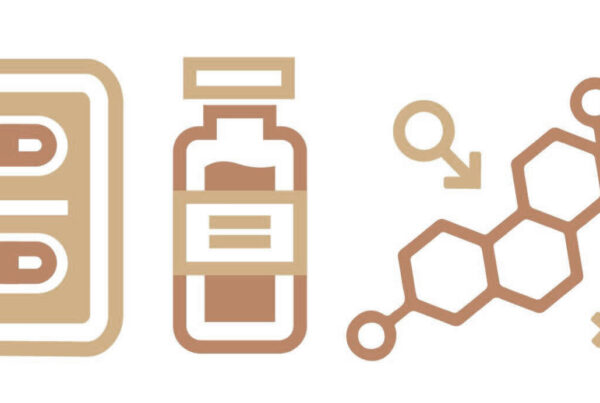When someone visits their family practitioner showing symptoms such as depression, loss of libido, fatigue, anxiety, weight gain, muscle loss, and hair loss, nine times out of ten their doctor will write them a prescription for an anti-depressant. That is what primary care physicians are trained to do. But in some of these cases it isn’t depression the patient is suffering from. It’s actually a hormonal deficiency.
Band-Aid Solution
In cases when the individual is not suffering from an organic disease, anti-depressants are simply acting as a bandage. They may improve the patient’s condition for a time, but unless depression is truly the source of their problem, the symptoms are more than likely to return.
Many of the patients who come to Revita have already been diagnosed, taken anti-depressants, and failed to achieve a marked improvement in their condition. In fact, they even suffer adverse effects from these medications. Often, it’s their own research – not advice from their doctor – which informs them there are alternative routes to getting better. What they find out about natural hormone treatments persuades them to rip off the bandage and actually get better.
How Hormone Levels Factor In
Hormone deficiency, such as low levels of thyroid or testosterone, can cause symptoms similar to those of depression. In these cases, the best way to combat the symptoms is to get the body’s levels of those hormones to an optimal level. This can be done through various types of hormone replacement therapy, but it is safest and most effective when done with bioidentical hormones, a natural alternative to synthetic hormone treatments.
Anti-depressants certainly have their place, but too often they are relied upon to treat an array of symptoms that can originate from much more than depression. When this is the case, all they can really do is temporarily treat the symptoms, but not really fix anything permanently. To see permanent improvement, the problem has to be addressed at its source. Much of the time, that means addressing hormone levels through natural replacement therapy. It is equivalent to someone having appendicitis and instead of removing the appendix, which is the correct treatment, they wall off the appendix and keep it in the body and continue to go back every few weeks to keep it walled off. The problem is covered up not fixed.





